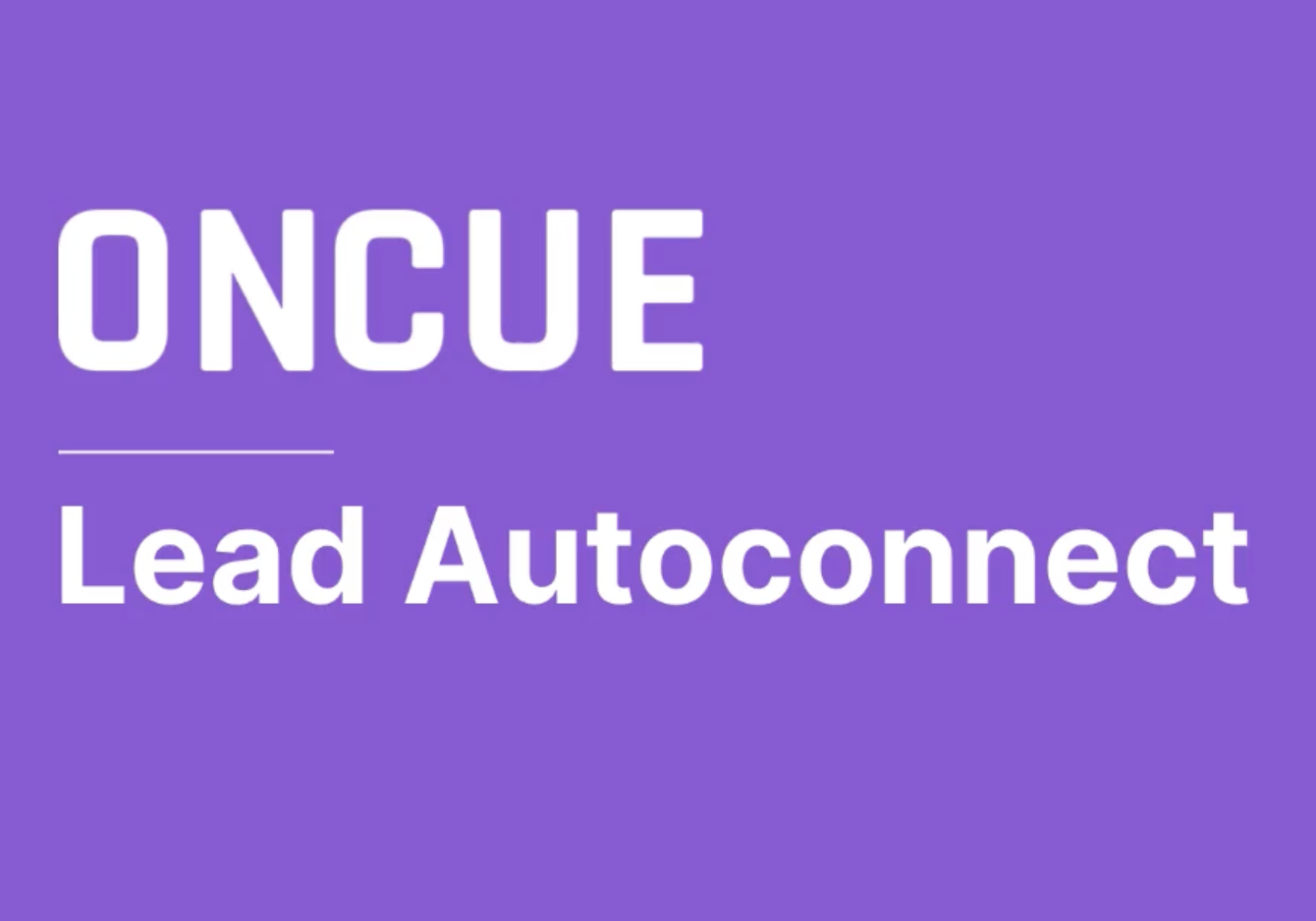March 10, 2023
Guide to Starting a Successful Moving Company (along with some general startup advice)
This post will be broken down into 2 sections – What to consider before starting a moving company and what successful movers have in common.
5 Things to consider before starting a moving company:
Know Why you are starting a moving company
Sometimes the easiest way to find your “Why” is to ask “Why Not”:
- “Why not start another business, like a landscaping company, or a pressure washing company, a painting company, or ___________?”
- “Why not buy a small moving company that is already established?”
- “Why not spend the money you would have invested in your company to go back to school/ invest in the stock market/ etc.?”
Starting any company is an extremely challenging and risky venture – and moving companies are no exception. The journey is bound to be fraught with challenges, setbacks and failures. If your “why” isn’t rock solid now, when the going gets tough, you’ll begin wondering why you are doing any of this in the first place. Don’t just dive in because it seems easy – get clear on your why first.
Know what your pricing needs to be to make a sustainable profit
Sure, you might be able to borrow your uncle’s box truck and convince your buddies to help you with a move or two in exchange for a case of beer but that only works for so long. Eventually, you’ll need to rent or purchase equipment, hire employees, pay insurance, service debt, etc. Just because you can start super cheap and “build the airplane on the way down” doesn’t mean you should. Give yourself the best chance of success by doing detailed market research. Some things you should know before beginning:
- How much investment will you need to begin?
- What’s the going rate for labor in your city?
- How much are competitors charging?
- What are all the expenses you will incur running your business?
- How much will you have to charge to make a profit?
- Is there demand for your service at that price point?
Niche down and know the pain points of your target audience
There is nothing more important in business than knowing your customers – and failing to do this is a mistake I see businesses big and small make all the time. It can be tempting to make assumptions about your customers because of the false consensus effect: A cognitive bias where we believe that others must think, feel, and judge the world in the same way we do.
I started my company, Oncue, after spending hours interviewing multiple moving company owners – my potential customers. During one interview an owner’s phone rang. Exasperated by the amount of calls he was bombarded with he handed me his phone saying,
“Here, you take this one.”
There it was! My target audience didn’t have the time or energy to manage their calls or to document and manage their leads – so I created a company to help them do that.
I would encourage you to do the same. Find out from people who need to move what their stressors are and how other offerings aren’t meeting their needs. Are Millennials in your area worried about moving with young children? Are older folks who are downsizing overwhelmed with all the clutter they have to sort through? Are renters worried about losing their damage deposit if they don’t patch up holes and leave the place in perfect condition for the next tenants? Are people immigrating to your city for work worried about a language barrier? Knowing your potential customers needs, beyond just that they need to move, will help you niche down your offering and provide the best quality service – all while out maneuvering your competition.
Know your competitors
Speaking of competition – you need to know what you are up against. Keep in mind that in a service industry with low barriers to entry, like moving, competition is going to be a threat to your success. In order to succeed, you need to be able to provide significant value through a combination of high quality service and competitive pricing. So do your research and know what it will take to stand out in your local market.
Additionally, know who your indirect competitors are. Potential customers choosing to rent a truck and invite their friends to help is a version of indirect competition. People choosing to sell all their furniture and buying new items in their next location would be another form of indirect competition. Being aware of all the possible solutions your potential customers may turn to will help you determine if, and how, you should fight for their business.
Know what your plan – and your backup plan – are
One thing in business you can bet on is that things won’t go the way you expect. In the early days of starting Oncue, one of our customer’s clients called (as we were managing their calls and leads) and was furious. She told us that her clothes had been soiled during the move. Not wanting to sour the relationship, I offered to pay for her dry cleaning bill directly. What I didn’t know was that she was referring to all of the clothing that she had ever owned… We had to eat a massive dry cleaning bill! This was during our startup days and this unexpected expense was significant.
While you can’t know the future, you can do your best to mitigate risks. Think through how things can go wrong. What if an employee gets sick last minute? What if a truck crashes? What if a home is damaged during a move? What if a competitor lowers their price and targets your customers? Considering how things can go wrong, and making preparations, will help you avoid failure.
5 Things successful movers have in common:
They know their lead sources (and how to maximize them)
While organic leads – people who find you via research and word of mouth – convert at the highest rate, no moving business can survive on them alone. To grow, movers must pay for leads, be it through advertising (like Google or Facebook ads) or through lead sources (like Angie’s List or Thumbtack). Successful movers understand which channels yield the best results, and know how to market successfully into each. Each market is different, however, so there is no one-sized-fits-all marketing solution for moving companies. The best way to learn this skill is to experiment on these different platforms, keep close tabs on which channels your leads (and closed deals) are attributed to, and then by modifying your spend to maximize your budget.
For more on how to find leads for your moving business, check out our free (no email required!) ebook Top 7 Lead Generation Tips For Your Moving Company.
They have a robust follow up process for leads
Mastering paid lead channels is only half of the battle – if those leads aren’t converting to won-jobs they aren’t worth anything. The best moving companies understand the importance of capitalizing on their inbound leads and have systems in place to do so. The result is that they are quickly returning calls, giving accurate and competitive quotes, and following up on quotes to win more deals. For smaller moving companies, this responsibility often falls on the owner/ operator. Larger movers may choose to hire someone to manage these calls, or outsource them to someone like us to help manage them.
They communicate clearly with the client
Moving is a stressful life event and, while it might be another day at the “office” for you and your crew, for your customer this is a massive and exhausting undertaking. The best moving companies recognize this, and do everything they can to reduce stress for their customers. They communicate critical information, like:
- How to prepare for the move and additional services they offer to make the process smoother
- When they are on their way and their ETA
- How things are progressing, particularly if the client isn’t onsite
The best movers communicate early and often, helping answer questions, mitigate confusion, and reduce anxiety for their customers – increasing customer satisfaction (and positive reviews).
They follow up with clients
When running a business, it can be easy to get swept up in the chaos, constantly moving (ba-dum-tiss) onto the next thing. However, the best moving companies don’t just finish the job, collect payment, and leave – they have processes established that maintain contact with past clients. These follow ups – usually in the form of emails – increase positive reviews and help win repeat business. Post move email campaigns might ask for a review two weeks after a move, ask for a referral a month after, and then 10 months later (when a year long lease is expiring) they follow up to see if their services are needed again. By providing timely and valuable emails, movers can stay top of mind, increasing repeat business.
They differentiate from their competitors
In the highly competitive world of moving, it’s important to find out what makes your business stand out. Successful moving companies know their niche and lean into that specialization. We have seen movers differentiate in many different ways: Some hire a certain group of people (like firefighters, military veterans, ex-convicts, etc.) while others focus on what type of things they move (such as piano movers, heavy items, and antiques & collectables). Some brands differentiate by making their operation seem small and down-to-earth with names like Two Men and a Truck, while other brands stand out with funny names like GTFO Movers (Get That Furniture Out!) However you choose to do it, find a way to distinguish yourself from the competition in your local region. Remember, everytime a potential customer calls asking for a quote, the real question going through their mind is “Why should I trust you?”. Help make the decision easy for them.
I hope you find this helpful. Again, here’s the free Top 7 Lead Generation Tips For Your Moving Company ebook . If you have more questions about starting or running a moving company – or just need general business advice, contact us.
– Kate







